Bonnie Brezinsky
Product manager, submersible pumps, Flow Division, Sulzer Pumps Solutions
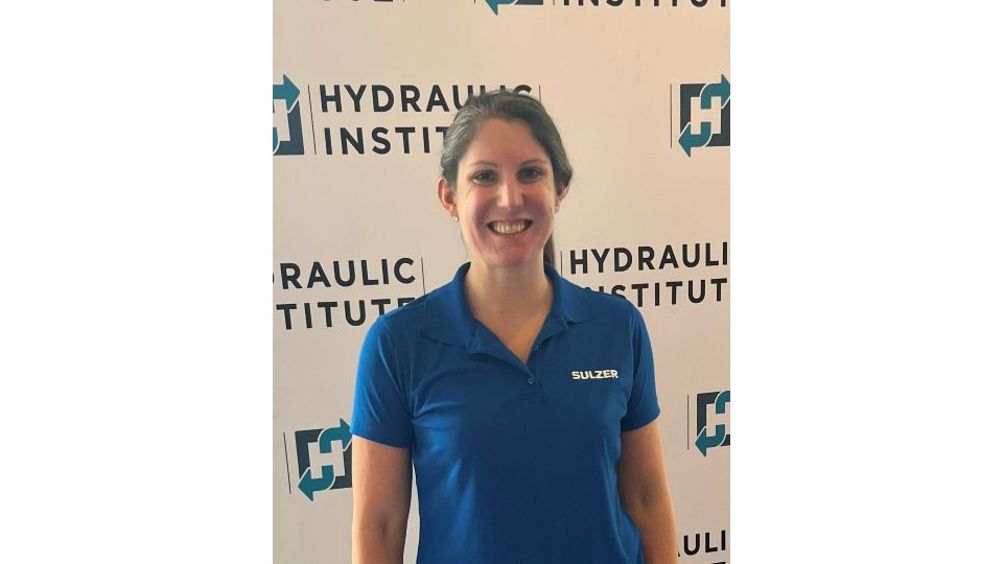
Bonnie Brezinsky’s career in the engineering world began as soon as she left college when she became an application engineer for engineered pumps, primarily serving the power market. Over the next 11 years, she advanced to senior and then specialist levels with a focus on vertical pumps. “This is where I honed my technical skills and deepened my knowledge,” she says. “I then transitioned to a product engineering manager position working on new technology, where I was one of only two women among 32 engineering managers. This role allowed me to lead innovative projects, collaborating with a talented team to drive advancements. Today, as a product manager responsible for submersible pumps in the US wastewater market, I am currently leveraging my engineering background and leadership experience to blend technical expertise with strategic vision.”
As part of her role Brezinsky oversees the product roadmap, ensuring alignment of customer needs, market trends and the competitive landscape. A critical part of this is ensuring regulatory compliance, which is a key challenge in today’s industry. “Recent rollbacks of environmental regulations in the US, including water quality standards, for example, could lead to new compliance requirements for water utilities and industries, potentially complicating the regulatory landscape,” she says. “Additionally, recent tariff announcements may well impact pricing and potentially the wider economy within the industry.”
Brezinsky also works closely with her local community to help inspire younger generations to pursue an engineering career.
“During volunteer days at local schools, for example, we discuss engineering and engage in STEM-related activities. I participated in days like this myself when I was younger. Although these events are not focused on girls, I hope that seeing women succeed in engineering will show them that they can do it too.”
“I have seen some evolution in benefits over the past 10 years...which can help improve retention.”
Brezinsky believes more needs to be done to encourage women to join the engineering sector and she cites the US census, which has revealed that women account for approximately 15% of the engineering workforce. “This is up just 3% from the 1970s so we still have a long way to go,” she says. “Supporting women entering this field is essential, but retention is equally important. If you look at retention by gender you see a big drop in women leaving the engineering sector around the 11–15-year mark, presumably to start families. I have seen some evolution in benefits over the past 10 years, which can help reduce the gender wage gap and improve retention.”
Nicole Quinn
Lab technician, Triangle Fluid Controls
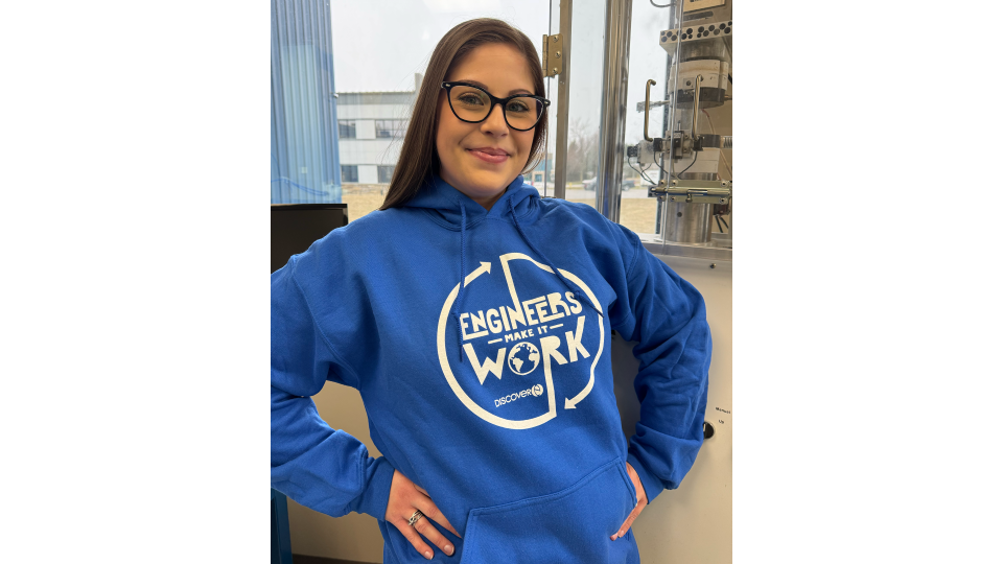
Nicole Quinn began working as a laboratory technician at Triangle Fluid Controls/Durlon Sealing Solutions in 2022. Within this role she performs various tests on raw materials and finished goods in accordance with ASTM standards. “These tests include bulk density, compression and recovery, tensile strength, weight loss, and metal analysis. I also carry out incoming inspections for products from multiple suppliers, assist the sales team by providing technical drawings and quality related documentation, and contribute to research and development projects,” she explains.
It is this variety that Quinn enjoys most about her role. “Every day is different, through experimentation and testing we learn more and more each day, uncover new trends and challenges and problem solve different ways to meet them to provide the very best products and service to our customers.”
One key challenge Quinn is currently seeing is the increased demand for material test reports and positive material identification (PMI) testing for semi-metallic gaskets. “PMI is a non-destructive testing method that is used to analyze and identify the grade and composition of metals and can only be performed by individuals who have obtained the X-Ray Fluorescence Operator Certification. As an organization it has posed some challenges in adapting to this and ensuring we are meeting the needs of the customers,” she explains.
“Highlighting the achievements of women currently working in the field helps provide visible role models.”
Quinn believes that women have a great deal to contribute to the industry and more action from both companies and individuals is needed to inspire, support, and create opportunities for women to pursue and succeed in engineering careers. “I was surprised to learn that women make up only around 13% of the global engineering workforce,” she says. “Offering mentorship or sponsorship programs specifically for women interested in the industry could make a meaningful difference. Additionally, highlighting the achievements of women currently working in the field helps provide visible role models,” she concludes.
Jessica Djurberg
Environmental approvals coordinator, Xylem Water Solutions
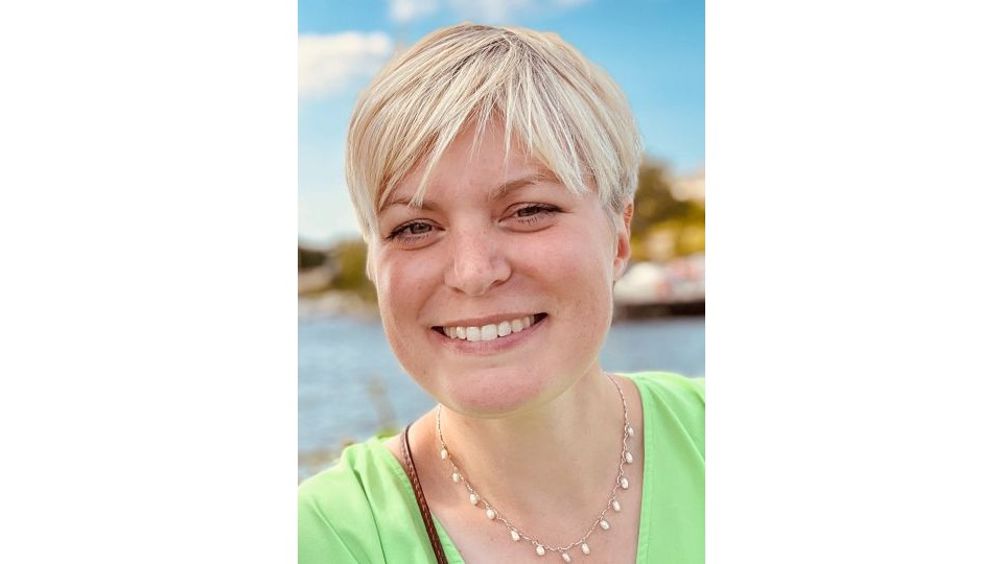
Jessica Djurberg is not just working to shape the future of chemical compliance and sustainability; she’s also playing a key role in promoting gender equality and inclusion in a male-dominated industry.
With a background in chemical engineering from Sweden’s KTH Royal Institute of Technology, Djurberg’s career has spanned sectors from cosmetics to industrial pumps. “I really like working for an industrial company. It has been of high value to work for a company where I can see the need for the product in society,” she says.
At Xylem, her role includes interpreting chemical legislation, preparing for new regulations, and leading internal forums to educate and inform. It’s a balance of routine and innovation, from data analysis to cross functional meetings. And her efforts extend beyond her formal job description. “I’m also proud to be an Inclusion and Belonging Champion at our site,” Djurberg explains.
“We organize events and training to make sure everyone feels included, motivated, and able to make a change.”
For Djurberg, encouraging young women to pursue engineering careers is a personal mission. “A highlight of this year was participating in “Introduce a Girl to Engineering Day’ and the Female Technical Engineer program,” she says. “Meeting those girls and seeing their curiosity – getting to inspire them – was incredible.”
“Inclusive workplaces with diverse talent pools are essential for long-term success.”
She’s candid about her own journey, emphasizing that determination matters more than perfection. “You don’t have to be the best at everything. I wasn’t top of my class, and I struggled with technical subjects. But I was stubborn. I didn’t give up and I’ve built a great career. Don’t let anyone tell you that you can’t make it,” she says.
Djurberg believes gender equality in engineering is far from achieved. “We’re not done here,” she states. “Inclusive workplaces with diverse talent pools are essential for long-term success. That includes economic empowerment and making work-life balance possible.”
She also calls on male-dominated groups in the industry to act as allies. “Invite and include people who aren’t exactly like you. Give everyone space to participate and share. Diverse teams perform better and now’s the time to push forward.”
Szilvia Eosoly
Head of product sustainability, Grundfos
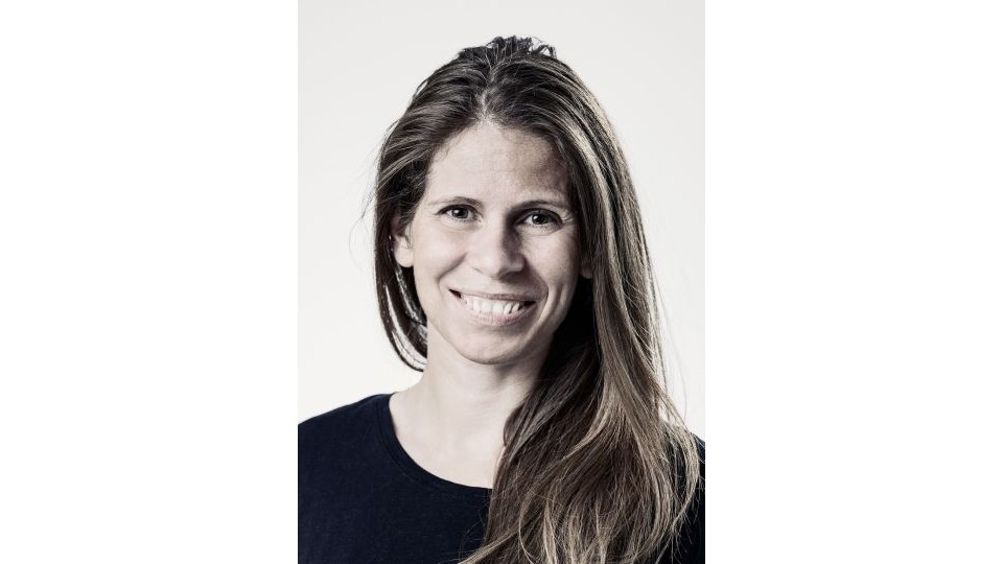
For Szilvia Eosoly engineering has always been about making a difference. “I wanted to make the world a better place,” she says.
“Engineering plays a crucial role in improving lives, offering innovative solutions to real-world problems. It’s profoundly inspiring for me, even today.”
Eosoly, who began her career in mechanical engineering, has since navigated a path that touches on medicine, environmental protection, and regulatory compliance.
Today, she leads efforts at Grundfos to ensure compliance with global standards such as RoHS, REACH, and emerging eco-design regulations.
“If you know the best way forward, don’t hesitate to take charge. Today’s challenges require diverse perspectives, your insight is valuable, and so is collaboration.”
As environmental regulations tighten, the pump industry faces increasing pressure to adapt. “There’s a growing push for energy-efficient, sustainable, and circular products,” Eosoly explains. “We must rethink how we design, operate, and share product data. Tradeoffs – like energy efficiency versus the environmental impact of rare earth materials – will become more common. Collaboration across the industry and with regulators is essential.”
Eosoly also champions gender equality in engineering, noting persistent underrepresentation of women, especially in leadership. “Balancing motherhood and career is challenging. Without a partner who equally shares parenting and household responsibilities, women face limited opportunities,” she says. “I’ve been fortunate to have both a supportive partner and leaders who trusted me to lead.”
Her advice to women entering the sector? “If you know the best way forward, don’t hesitate to take charge. Today’s challenges require diverse perspectives, your insight is valuable, and so is collaboration.”
Stefanie Facklam
Expert material conformity, WILO SE
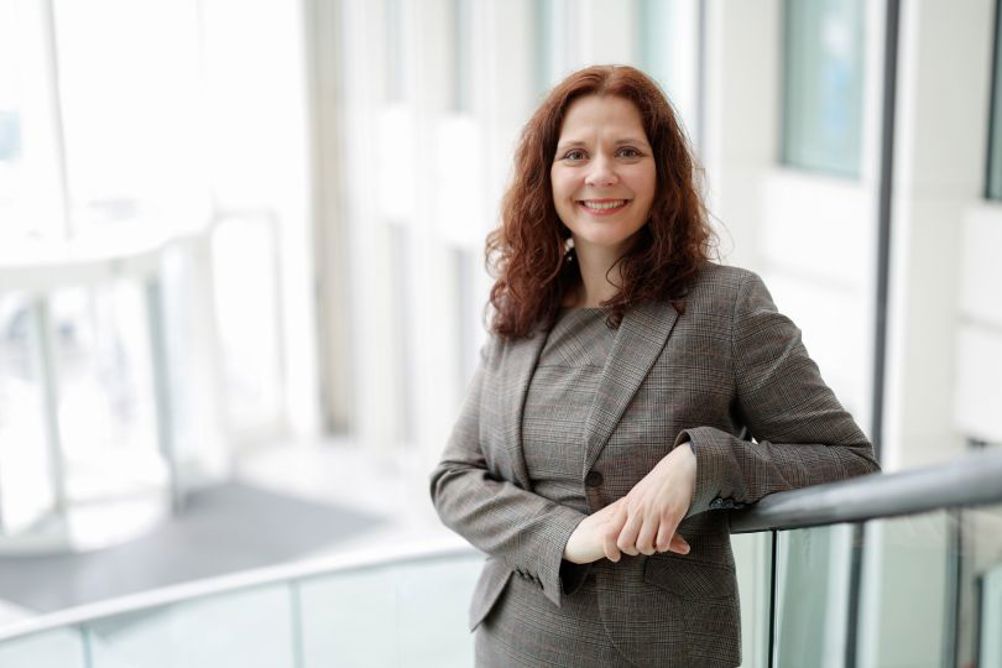
As an expert in material conformity at WILO SE, Stefanie Facklam spends her days immersed in complex legal and technical landscapes. “My job is dominated by reading laws, regulations, and guidelines, interpreting them for the company, and helping colleagues choose the right materials for their designs,” she explains.
With a background in chemical engineering, Facklam began her career in WILO’s R&D department, initially focusing on elastomer qualification. Over time, her role evolved toward material compliance, now centered around substance regulations, drinking water safety, and crossindustry collaboration. “Handling and consulting on material-related regulations has become a key part of my work,” she says.
A major career milestone, she says, was being recognized as a leader within the industry’s top associations. “Leading working groups at Europump, often filled with male participants, and being accepted as a competent chair has been a real career highlight,” Facklam reflects.
Facklam also highlights the growing complexity in regulatory landscapes as one of the industry’s biggest challenges. “The pace at which new regulations emerge globally is staggering. It’s hard for any company to keep up, and often, regulations are nearly impossible to implement without widespread collaboration,” she notes.
As a woman in engineering, her message is clear: “Believe in yourself. Why should men be better at solving technical issues? Women often bring ideal skills for managing complex challenges and communication-heavy tasks.”
Despite working in a male-dominated sector, Facklam says her experience has been overwhelmingly positive. “Professionalism and respect are key,” she concludes. “Ironically, friends in female dominated industries often face more interpersonal conflict than I’ve encountered.”
About the author
This article was written by Helen Norman, editor of World Pumps magazine.
Part 1 of this feature is available here.
The complete version of this article appeared in the May/June issue of World Pumps.







